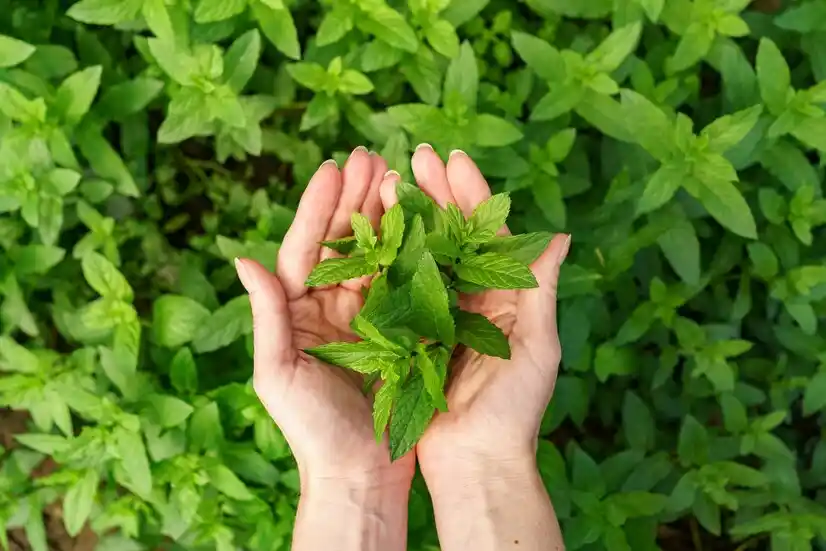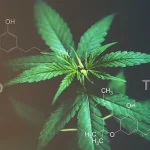On September 17, 2020, Travis County Judge Lora Livingston ruled on a request for a temporary injunction in a lawsuit filed by manufacturers and retailers of smokable hemp products in Texas. The injunction sought to prevent the State from enforcing its new regulations banning the manufacture, processing, distribution, and retail sale of hemp for smoking.
The hearing required the hemp businesses to prove with evidence why the State should be prevented from enforcing this rule. The businesses testified they are economically oppressed by this rule—losing out on revenue, having to move to another state, and having to close down altogether, contending that hemp for smoking before the State’s rule took effect in August was a legal thriving business in Texas. They argue the Texas Department of State Health Services (DSHS) rule banning the distribution and sale of hemp for smoking exceeded its authority under the language of the hemp statute because those words are missing from the relevant provision. The hemp businesses ultimately seek a ruling from the Court declaring the smokable hemp ban is either unconstitutional and/or invalid by enacting a rule that is broader than what the statute requires.
The State argued the DSHS rule was a logical extension of the statute, and that the State has a rational basis for enacting the smokable ban, including the law enforcement interest in distinguishing between hemp and marijuana. The State contends that hemp for smoking was not legal prior to DSHS’s issuance of rules to implement the Texas Hemp Act, and therefore the hemp businesses have no probable likelihood to succeed in their lawsuit because they will not be able to prove an entitlement to be engaged in this business in the first place. The State urged the Court that it was required to uphold the statute and the DSHS ban if the hemp businesses could not meet their burden to prove unconstitutionality and invalidity as a matter of law. The State was so confident in this position that it waived other arguments available to it.
For a little background, the hemp statute expressly forbids the manufacture and processing of consumable hemp products for smoking. This statutory prohibition was extended to cover the distribution and sale of smokable hemp by DSHS’ adopted rules effective August 2, 2020. When a statute is passed, it contains broad language and directs a governmental agency to come up with the particulars to implement the statute, including whatever licensing regimes and other requirements and restrictions that may apply. The agency must effectuate the intent of the statute by making rules in line with the statute, but agencies cannot make rules beyond what the statute allows. Here, DSHS extended the statute’s prohibition on manufacturing and processing to sales and distribution. The manufacture/processing ban is in a section of the statute encompassing the sale of hemp products. Though a specific provision banning distribution or sale is not included in this section, “smoking” is broadly defined in both the statute and the rule. Thus, under what is called rules of statutory construction, where the words of the statute are carefully analyzed and compared to what was intended, both sides have arguments as to whether the DSHS ban on the distribution and sale of hemp for smoking is indeed a logical extension of the statute, or whether those were outside the scope of what DSHS was allowed to do. Until the February trial, the Court has held DSHS may not enforce the rule.
Also read about Cannabidiol – Therapeutic and Legal Aspects


